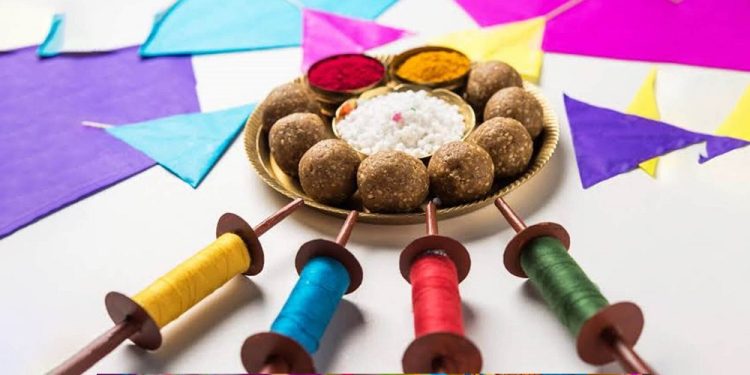
Makar Sankranti
Makar Sankranti is the festival day on the Hindu calendar that is dedicated to the deity Surya. This is a holiday that’s mainly celebrated on the Indian Subcontinent but is also celebrated by Hindus all over the world. It is both a seasonal observance as well as a religious celebration, and it appears on the Gregorian calendar on either January 14th or 15th, depending on the year.
The Significance Of Makar Sankranti
The purpose of this holiday is not only to celebrate the Hindu sun god Surya but also to mark the winter solstice. This holiday is regarded as a very important day for the practice of spiritual rituals. Since this is an important pan-Indian solar festival, its practice is widespread on the Indian Subcontinent and is known in different areas by different regional names, and is often celebrated with different traditions. For example, in Karnataka, it’s often known as Suggi Habba or Makara Sankranti, and in Kerala, it’s known as Makaravilakku.
Interesting Facts About Makar Sankranti
During the course of our research, we’ve come across some interesting facts about this holiday and would like to share these facts with everyone reading this article. We think that the following facts will prove to be quite interesting to most people reading about this holiday.
- Makar Sankranti is one of the few ancient Hindu festivals that is not a lunar festival but a solar one instead.
- Other Hindu solar festivals include Pongal and Vaisakhi.
- Although this holiday mainly falls on January 14th each year, some years it falls on January 15th.
- Tilgul is the colorful candy that’s coated with sesame seeds and distributed on Makar Sankranti.
- Makar Sankranti represents the beginning of spring.
- Kumbh Mela usually begins on Makar Sankranti in Uttar Pradesh.
- Approximately 50 million people attended the Allahabad Ardh Kumbh Mela in 2019 to bathe in the holy river Ganges.
Observing Makar Sankranti
This holiday is often celebrated with festivities that last anywhere from two to four days. On each of these days, distinct rituals and names for the events are used. People also take holy dips in the water to cleanse themselves spiritually, and it’s traditional to make sticky sweets made from a sugar base and sesame to give to friends and family members. This treat symbolizes being together in joy and peace despite the differences that exist between different people. In Gujarat, a kite festival is organized on this holiday.








